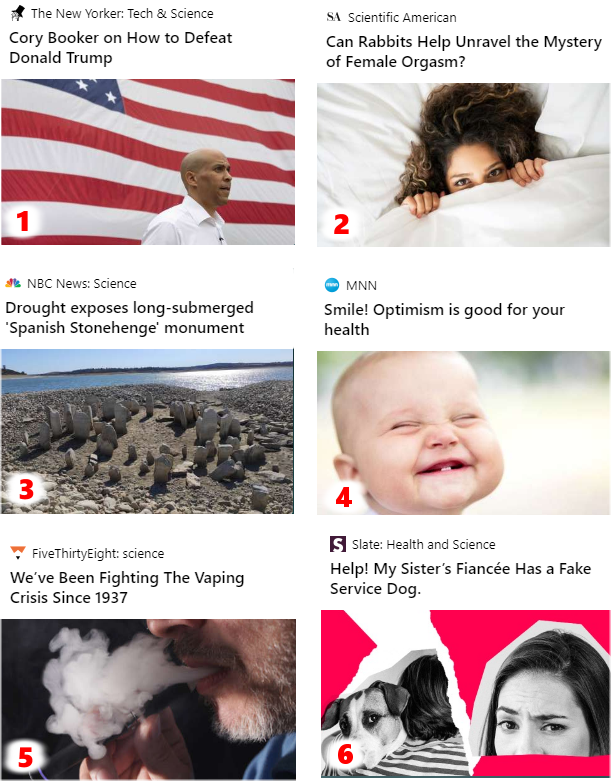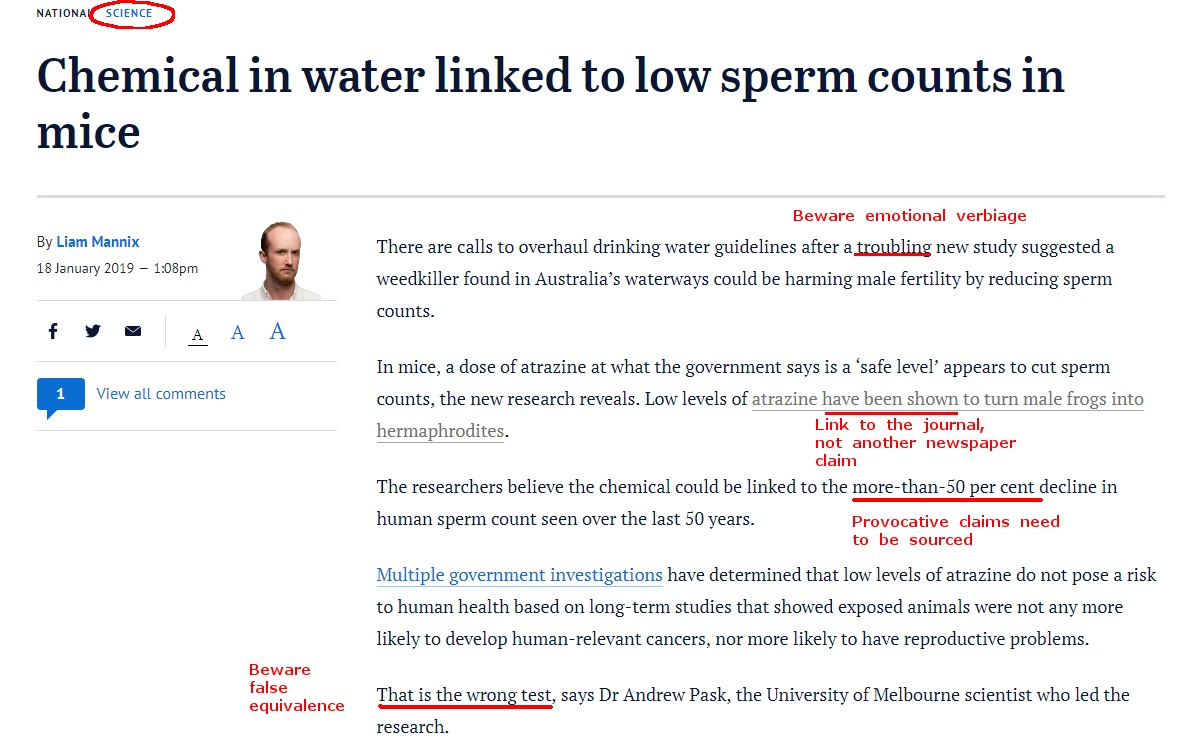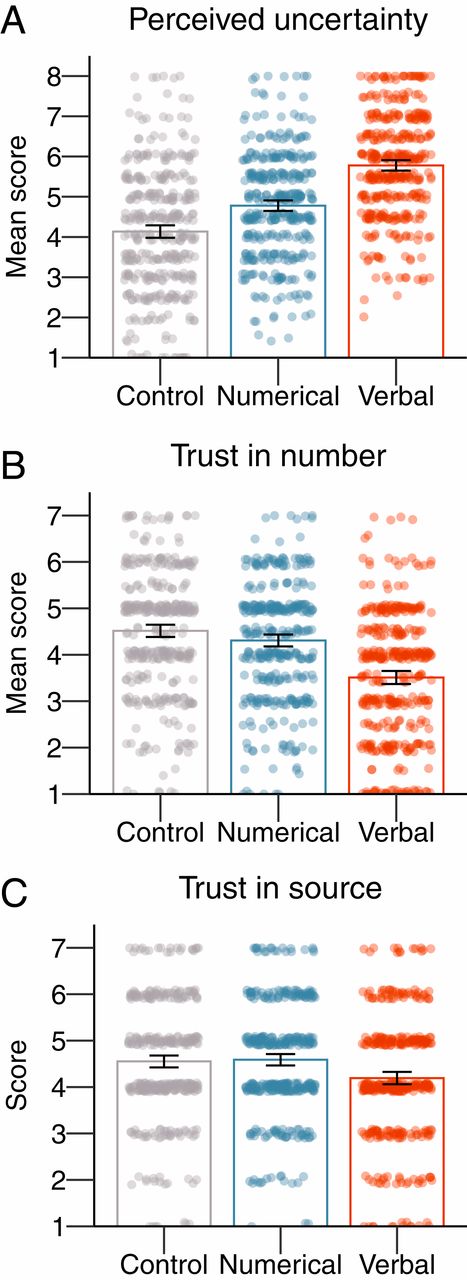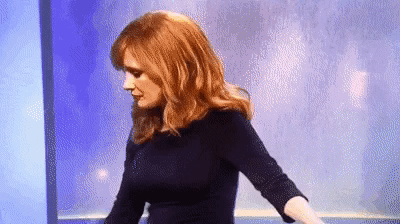If you are old enough to remember the early days of AIDS, you can recall what happened when journalists used the virus and the disease interchangeably. Doctors and biologists were trying to calm the public and privately people were afraid to shake hands, and that was the fault of health officials who hid behind 'on the other hand' waffling and journalists who refused to give uncertainty its due. They went for sensationalism. President Reagan mentions sold newspapers, so if they could blame him, even better.
Not much has improved. When famous television anchor Jake Tapper was recently caught not bothering to even be skeptical about a claim by Democratic Rep. Alexandria Ocasio-Cortez that President Trump called COVID-19 a "hoax", he washed away his inability to separate his politics from his job by saying the President lies so often he wasn't skeptical when the Democratic Rep. "mischaracterized" Trump.
So Republicans routinely lie in Tapper's mind while Democrats mis-characterize so little he never assumed it would be an issue. He did not use terms "lie" and "mischaracterize" by accident. The public is right not to trust smart people who use language to manipulate rather than inform. If you want them to trust you, avoid it. You will get caught. Don't be a Jake.
That the public is skeptical of government and journalism claims much more than they were 35 years ago is actually a good thing. That means they understand uncertainty and can be reached.
The trap of political bias seeping into science journalism
Science media often falls into the same trap as political types like Tapper do, yet at least in politics the public have other outlets. While large corporate media overwhelmingly votes Democrat there are many smaller outlets that promote Republicans. In science media there is far less balance. I can count science media people who skew toward being political conservative on one hand.
Does that mean being conservative lends itself to being unscientific? I have seen it spun that way, but except for climate change and then a slight lead in evolution denial, anti-science positions are found more often on the left. Data show it is left-wing states that are denying vaccines and embracing alternatives to medicine, that deny consensus on nuclear energy and natural gas, and that insist modern pesticides and biotechnology are causing coronavirus while organic food will be a shield.
Don't like that framing? Then stop doing it about your political opposition.

If you didn't object to these articles calling themselves science, you may be part of the problem. See this article for the crippling mistakes each made.
When the President stated chloroquine and hydroxychloroquine, used to prevent malaria, might be options because some scientists said so, Democrats in science journalism immediately declared how stupid and dangerous he was. Meanwhile, the Democratic New York government bought 70,000 doses of hydroxychloroquine and 750,000 doses of chloroquine and began trials. They had journalists doing the 2020 campaigning for them at that point and could focus on public health. That their actions were the same as what he said should be done didn't matter.
Look, I get it, Trump sells eyeballs, so it is no surprise Politico can't find any COVID conspiracy theories on the left but writes a whole article on "denialists" who voted for Trump. It is also no surprise that being smeared entrenches people on the right. But it isn't going to help the public trust you to jump in.
I didn't vote for the guy either, but in places like Wall Street Journal and USA Today and here, when he has done things right in science and health policy, I've said so, and I have also been fair with criticism, so when he did something I thought was reckless and I criticized that, his team announced a change four hours later.
It may not be that the other political side won't listen to you, it's that they don't want you talking down to them.
For less politically skewed science media, all is not lost
The "precautionary principle" that cripples European science has also been an affliction on a large part of American culture. As Dr. David Zaruk notes in Science 2.0 Europe, many people have abdicated thinking because loud activists make it unnecessary. They promise safety if you refuse to accept anything more than 0 percent risk - about products activists make money opposing, that is.
It is easy to fall into the trap of conflating absolute and relative risk, because activists spent billions of dollars promoting claims that a trace chemical in parts per billion is disrupting hormones, or causing cancer, or turning frogs gay. The New York Times could practically co-brand Center for Science in the Public Interest when it comes to suspect food claims or Natural Resources Defense Council when it comes to chemicals.

Bad science journalism.
The public drives cars and flies on planes, they understand absolute and relative risk better than you may think they do. If you hype up a shark attack someone in Tennessee does not worry about shark attacks because they understand the difference between hazard and risk in a way many agenda-driven epidemiologists do not.
Uncertainty is not a problem for the public
Many people today seem to think journalists have to write for "8th graders" but that may be a misunderstanding of our educational past. I have a letter from my maternal grandfather, written from the rubble of Nagasaki during the occupation of Japan on Armistice Day in 1945, and though he had an 8th grade education he was not illiterate. I'd bet on his intelligence over a whole lot of humanities Ph.D.s and I'd win. A century ago an 8th grade education was common for poor people. Kids had to go to work. That did not make them stupid.
When journalists were told to write for eighth graders then, it meant the same thing you should do in science writing today; assume a lack of vocabulary but not a lack of intelligence. Jargon kills engagement.
But that message has been lost and today some believe that scientific uncertainty - the assumptions, limitations and extrapolations that leave noise in data - are too much for the public. Instead of laying out what we know and don't know about models, spread, treatment people will promote an Imperial college model as fact. Why are young people, or anyone else, going to engage in reasonable precaution when millions are going to die?
Wrapping suspect claims in the flag of science is not doing the public a favor, it is eroding trust in journalism. And if journalists trot out "according to scientists" it erodes trust there as well.
Understanding uncertainty - the experiment
A recent series of experiments with nearly 6,000 subjects created uncertainty in different ways. The scholars found that a headline got the best result when a number was stated as an estimate with its numerical range, e.g. "...the unemployment rate rose to an estimated 3.9% (between 3.7%-4.1%)".
Participants recognized uncertainty but did not lose trust in the data, the source of the data, or the journalists who reported it.

First experiment (of five total.) Means per condition for perceived uncertainty (A), trust in numbers (B), and trust in the source (C). The error bars represent 95% CIs around the means, and jitter represents the distribution of the underlying data.
Compare that to what happens when a journalist tries to say a result is definitive and readers discover it is not. It gets lumped in with disinformation and fake news, like a Fenton Communications press release pretending to be science.
The statistical group FiveThirtyEight, whose founder got a job at the New York Times after his 2008 poll averaging scheme showed Senator Obama was polling better than individual polls revealed, looked at survey results of people making guesses and declared that 200,000 people could die. It's guesses. Yet other media are touting it as a scientific model.

Surveys are not science and never have been. But you can't lose invoking them. If 200,000 people die from anything except car accidents and cancer, they can say 'we were right' and if 2,000 people die, they will say 'our awareness efforts prevented 198,000 deaths.' They are still doing secret sauce manipulation, guessing at how many cases are under-reported.
They may be under-reported because to most it will just be a bad cold. Not everyone who hasn't been to China or around someone who went to China is going to clog up the health system "just to be sure" if they had a cough for a few days.
The group concedes that they don't know a lot about what's real and what is just guessing but that's way down near the bottom. It is a disservice to the public, who are a lot smarter than journalists like to admit. It would've been fine to tell them there was a lot of statistical truthiness in what they were about to read. Trust in the rest would have gone up, instead of way down like it did for me.
Let's be honest about what we don't know. People can handle the truth.




Comments